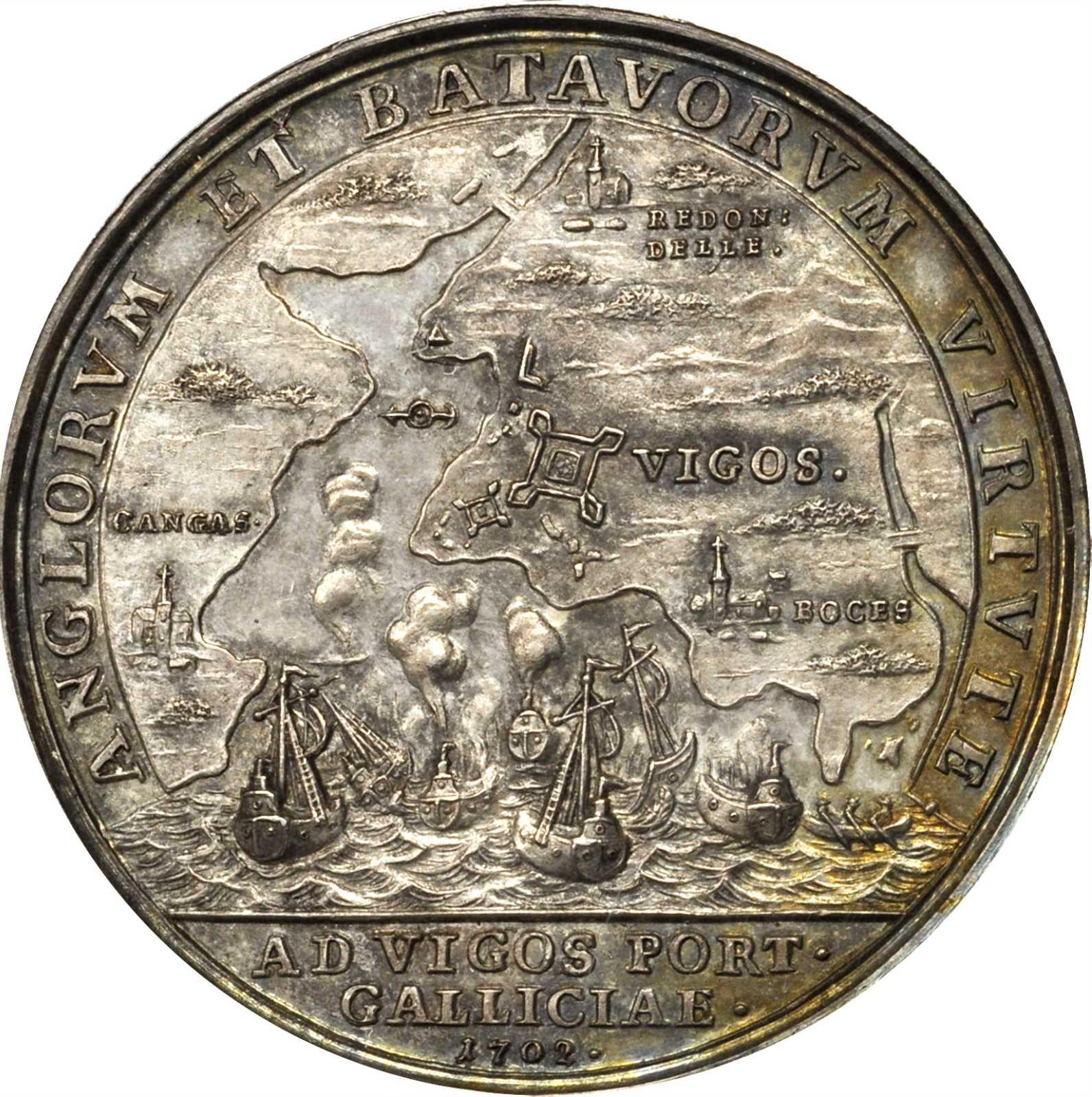So here we are, folks, diving headfirst into one of the most intriguing corners of U.S. law—50 U.S.C. 1702. This ain't just some random legal jargon; it’s a cornerstone of how the United States handles its international relations. Stick with me, and I'll break it down for you in a way that makes sense, even if legal talk usually feels like a foreign language. 50 U.S.C. 1702 is basically the rulebook for how the U.S. government can impose restrictions on foreign countries, and it plays a massive role in shaping global politics. Ready to dive in?
Now, you might be wondering why this matters to you. Well, whether you're a political junkie, a history buff, or just someone who wants to understand how the world works, 50 U.S.C. 1702 is your ticket to understanding the behind-the-scenes moves of U.S. foreign policy. It’s like the playbook for economic sanctions, trade restrictions, and all the other tools the U.S. uses to influence other nations. And trust me, it’s more relevant than ever in today’s fast-changing world.
Before we go any further, let’s set the stage. This article isn’t just about spitting out facts; it’s about giving you the tools to understand the bigger picture. By the end of this, you’ll have a solid grasp of what 50 U.S.C. 1702 is, how it works, and why it matters. Plus, I’ll sprinkle in some real-world examples to make sure it all clicks. So buckle up, because we’re about to take a deep dive into the legal world of foreign policy.
Understanding the Basics of 50 U.S.C. 1702
Alright, let’s break it down. 50 U.S.C. 1702 is essentially the legal foundation that allows the U.S. government to impose economic sanctions and other restrictions on foreign countries. Think of it as the president’s toolkit for dealing with nations that don’t play by the rules. It gives the executive branch the authority to take action when national security or foreign policy interests are at stake.
One of the key things to know is that 50 U.S.C. 1702 is part of a larger body of laws designed to protect the United States and its allies. It allows the government to freeze assets, block financial transactions, and even impose trade restrictions on countries that pose a threat. This isn’t just about punishment—it’s about influencing behavior and ensuring global stability.
Who Can Enforce 50 U.S.C. 1702?
Now, here’s where things get interesting. The enforcement of 50 U.S.C. 1702 falls into the hands of the President, but it’s not a free-for-all. The President needs to act within the boundaries set by Congress, and any actions taken must align with the broader goals of U.S. foreign policy. It’s like giving the President a powerful weapon, but with strict rules on how to use it.
For example, if a foreign country is caught supporting terrorism or violating human rights, the President can step in and impose sanctions under 50 U.S.C. 1702. But it’s not just about flipping a switch; there’s a whole process involved, including consultations with Congress and other stakeholders. This ensures that any actions taken are well-thought-out and in the best interest of the nation.
Key Provisions of 50 U.S.C. 1702
Let’s dive a little deeper into the nitty-gritty of 50 U.S.C. 1702. The law is packed with provisions that give the President a range of tools to address threats to national security. Here are some of the key highlights:
- Asset Freezing: One of the most powerful tools in the President’s arsenal is the ability to freeze the assets of foreign individuals or entities. This can cripple their ability to operate and send a strong message about U.S. resolve.
- Trade Restrictions: The President can also impose trade restrictions, limiting the flow of goods and services between the U.S. and a target country. This can have a significant economic impact and force the offending nation to rethink its actions.
- Financial Sanctions: Another key provision allows the President to block financial transactions involving certain countries or individuals. This can cut off access to the global financial system, which is a big deal in today’s interconnected world.
These provisions aren’t just theoretical—they’ve been used time and again to address real-world threats. For example, during the Iran nuclear deal negotiations, 50 U.S.C. 1702 was a key part of the strategy to pressure Iran into compliance. And when Russia annexed Crimea, the U.S. used these same tools to impose sanctions that hit the Russian economy hard.
Why Does 50 U.S.C. 1702 Matter?
Here’s the thing: 50 U.S.C. 1702 isn’t just a law—it’s a tool for shaping the global order. It gives the U.S. the ability to respond quickly and decisively to emerging threats, whether it’s a rogue state developing nuclear weapons or a country violating human rights on a massive scale. Without this kind of legal framework, the U.S. would be much less effective in defending its interests and promoting peace and stability around the world.
But it’s not all about power plays. 50 U.S.C. 1702 also serves as a deterrent. When other countries know that the U.S. has the legal authority to impose sanctions, they’re more likely to think twice before taking actions that could provoke a response. It’s like having a big stick in your back pocket—sometimes, just knowing it’s there is enough to keep things in check.
Historical Context of 50 U.S.C. 1702
Now, let’s take a step back and look at the historical context of 50 U.S.C. 1702. This law didn’t just appear out of nowhere—it’s the result of decades of evolution in U.S. foreign policy. Back in the day, the U.S. relied heavily on military force to address international threats. But over time, policymakers realized that there were more effective—and less costly—ways to achieve the same goals.
Enter economic sanctions. The idea was simple: instead of sending troops into harm’s way, why not use economic pressure to change behavior? 50 U.S.C. 1702 was born out of this realization, giving the President the legal authority to impose sanctions without needing to go through Congress every time. It’s a flexible tool that allows the U.S. to respond quickly to changing circumstances on the global stage.
Real-World Examples of 50 U.S.C. 1702 in Action
Talk is cheap, so let’s look at some real-world examples of 50 U.S.C. 1702 in action. One of the most notable cases was the sanctions imposed on Iran during the nuclear crisis. The U.S. used 50 U.S.C. 1702 to freeze Iranian assets, block financial transactions, and impose trade restrictions. This put immense pressure on Iran to come to the negotiating table and ultimately led to the landmark nuclear deal.
Another example is the sanctions imposed on North Korea after its repeated nuclear tests. The U.S. used 50 U.S.C. 1702 to cut off North Korea’s access to the global financial system, making it much harder for the regime to fund its weapons programs. While the situation remains tense, there’s no denying that these sanctions have had a significant impact.
How 50 U.S.C. 1702 Impacts Global Relations
So, how does 50 U.S.C. 1702 affect global relations? In a big way, actually. When the U.S. imposes sanctions under this law, it sends shockwaves through the international community. Other countries take notice, and they often adjust their own policies in response. It’s like a domino effect, where one action leads to a cascade of reactions.
But it’s not all about coercion. 50 U.S.C. 1702 also plays a role in promoting positive change. For example, when the U.S. imposes sanctions on countries that violate human rights, it sends a clear message that these actions won’t be tolerated. This can lead to reforms and improvements in governance, even if it takes time.
The Role of International Cooperation
Of course, the U.S. can’t do it alone. For 50 U.S.C. 1702 to be truly effective, it often requires cooperation from other countries. This is where diplomacy comes in. The U.S. works closely with allies and partners to coordinate sanctions and ensure that they have the desired impact. It’s a team effort, and when it works, it can achieve remarkable results.
Challenges and Criticisms of 50 U.S.C. 1702
No law is perfect, and 50 U.S.C. 1702 is no exception. While it’s a powerful tool, it’s not without its challenges and criticisms. One of the biggest concerns is the potential for unintended consequences. Sanctions can hurt innocent civilians, disrupt global trade, and even escalate tensions between nations. Critics argue that these risks need to be carefully weighed before taking action.
Another challenge is the question of effectiveness. Do sanctions really work, or are they just a symbolic gesture? The answer, as with most things in international relations, is complicated. In some cases, sanctions have been highly effective in changing behavior. In others, they’ve had little impact, and the offending nation has simply dug in its heels.
Addressing the Criticisms
So, how do we address these criticisms? One approach is to refine the use of sanctions, targeting specific individuals or entities rather than entire countries. This minimizes the impact on civilians and increases the chances of achieving the desired outcome. Another approach is to combine sanctions with diplomatic efforts, creating a carrot-and-stick approach that encourages cooperation rather than confrontation.
The Future of 50 U.S.C. 1702
Looking ahead, the role of 50 U.S.C. 1702 is likely to grow even more important. As the world becomes more interconnected, the need for effective tools to address global threats will only increase. Whether it’s dealing with cyberattacks, combating terrorism, or addressing climate change, 50 U.S.C. 1702 will continue to be a vital part of the U.S. foreign policy toolkit.
But the future also holds challenges. As other nations develop their own economic tools, the U.S. will need to adapt and evolve to remain effective. This may involve updating the law to reflect new realities or finding new ways to collaborate with allies and partners. Whatever the future holds, one thing is certain: 50 U.S.C. 1702 will remain a key player on the global stage.
Preparing for the Challenges Ahead
So, how do we prepare for these challenges? Education and awareness are key. By understanding the ins and outs of 50 U.S.C. 1702, we can better appreciate its role in shaping global relations and make informed decisions about its use. It’s about striking the right balance between power and diplomacy, ensuring that the U.S. remains a force for good in the world.
Conclusion
And there you have it, folks—a deep dive into the world of 50 U.S.C. 1702. From its origins to its impact on global relations, we’ve covered a lot of ground. But the most important takeaway is this: 50 U.S.C. 1702 is more than just a law—it’s a vital tool for shaping the future of international relations. Whether you’re a policy wonk or just someone who cares about the world, understanding this law is key to making sense of the complex global landscape.
So, what’s next? I encourage you to share this article with your friends and family, spark a conversation, and keep learning. The more we know, the better equipped we are to navigate the challenges of tomorrow. And who knows? Maybe one day, you’ll find yourself on the front lines of shaping U.S. foreign policy. Thanks for reading, and stay tuned for more insights into the world of law and politics!
Table of Contents
- Unveiling The Mystery Who Is Mellstroys Wife
- Understanding The Tragic Case Of Molly Noblitts Suicide


